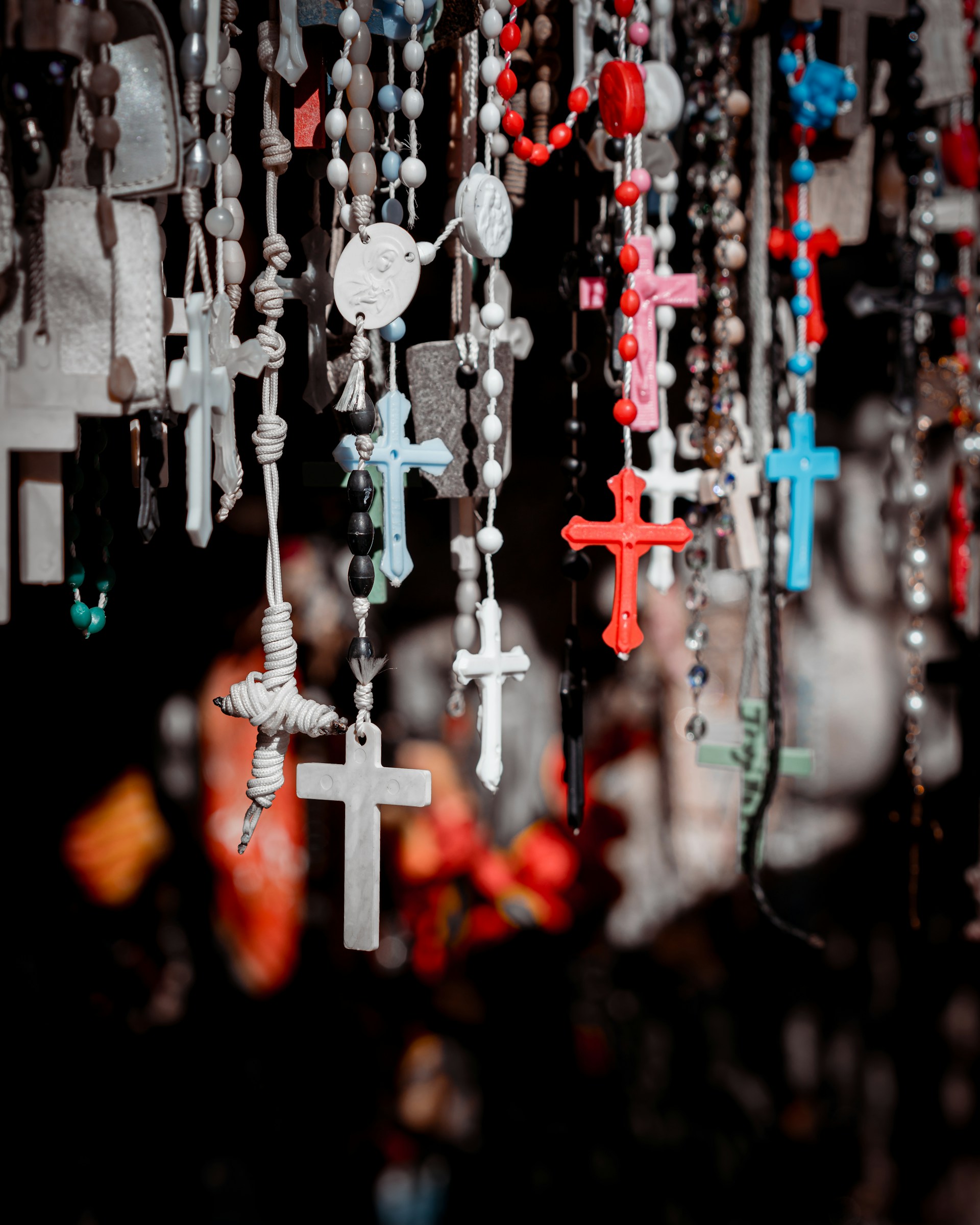31 Days of Unityნიმუში


(Re)deem: The idea that the cross would become a symbol of love, power, and a religious movement, would have been almost impossible for someone in the Roman Empire to understand. Crosses were a powerful symbol in their world, but they were a symbol of cruelty, oppression, and the inevitability of the empire. Crucifixion was one of the most awful means of suffering and inhumane punishment that we humans have ever created. It was a symbol of the Pax Romana, the Roman Peace, that was forced upon millions of people across the Mediterranean, into Europe, Africa, and Asia.
Crucifixion was so awful that it was reserved as a punishment for those who were considered to be sub-human. No Roman citizen could be crucified. You had to be a slave, a peasant, or a barbarian. In Philippians 2 Paul tells us that Jesus took on the form of a slave and was willingly subjected to this inhumane torture and death, all for our sake. This is how Paul defines love and humility, to take on this form of those most reviled and hated. In order to save all people, especially those who already existed in a world that viewed them as sub-human, God became one of the forgotten and hated and suffered their death.
All of this was part of God’s glorious plan to redeem the world. God took the worst of sinful humanity, the cross, and turned it into the means of our salvation. This reversal is so profound, so extraordinary, that the cross became the symbol of our faith. The cross became the declaration of God’s peace, a peace that is brought through grace and mercy rather than violence and oppression. The cross shamed the sinfulness of all humanity while also redeeming it and offering forgiveness and healing.
So what does it mean for us, as we seek to join God in redeeming the world, when Jesus tells us, “Whoever wants to be my disciple must deny themselves and take up their cross daily and follow me. For whoever wants to save their life will lose it, but whoever loses their life for me will save it”? (Luke 9:23-24) What is God calling us to put down as we kneel and pick up a cross? As we pick up the shame cast upon those considered sub-human, as we pick up the violence used to oppress others, as we pick up the sinfulness of humanity, what are we laying down? We are laying down our pride. We are confessing our participation in sin and oppression. We are identifying with those who suffer the most. We are giving up comfort and safety in order to bring redemption to the world. This is the cost of joining Jesus in the pursuit of unity.
After reading the passage, ask yourself these questions:
- Who in our world is considered sub-human? Who is neglected, ostracized, forgotten, and oppressed?
- What emotions do you have as you think about picking up a cross in obedience to Jesus?
- Who is God calling you to lay down your life for, as an act of redemptive love?
- What cost of seeking unity scares you the most?
Our Prayer for (Re)demption
Jesus, you did not come into the world to condemn the world, but to bring salvation. May your light shine brightly through your children, that in our love of one another, the unity of the Church, and our service to the world, all may see your glory and be drawn into life with you. Amen
წმიდა წერილი
About this Plan

This reading plan is for all those who long for unity in the church. In a world of anger, division, and animosity Jesus calls us to walk a different path. The journey begins with reflection, spending ten days paying attention to God and our lives. The study then moves into ten days of renewal, opening space for us to hear from God and to experience healing in our lives. The final eleven days focus on our redemptive work to love and serve the world.
More









